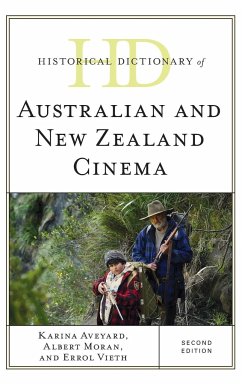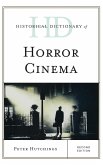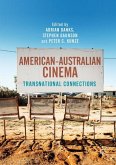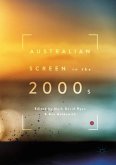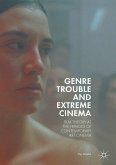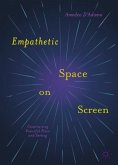Filmmakers have honed their skills and many have achieved critical and popular success at home and abroad, as have actors and other crew. American filmmakers and companies have found it cheaper to make films in Australia because wages and salaries are lower, tax rebates have been attractive and the expertise in most areas of filmmaking is comparable to that of anywhere in the world. At the same time, Australian audiences still enjoy watching Australian films, making some of them profitable, even if this is a small profit when considered in Hollywood terms. New Zealand filmmakers, cast and crew have shown that they are equal to the world's best in making films with international themes, while other films have shown that the world is interested in New Zealand narratives and settings. Increased support for Maori filmmakers and stories has had a significant impact on production levels and on the diversity of stories that now reach the screen. It has also helped create more viable career paths for those who continue to be based in their home country. This second edition of Historical Dictionary of Australian and New Zealand Cinema contains a chronology, an introduction, and an extensive bibliography. The dictionary section has over 700 cross-referenced entries on leading films as well as many directors, writers, actors and producers. It also covers early pioneers, film companies, genres and government bodies.

